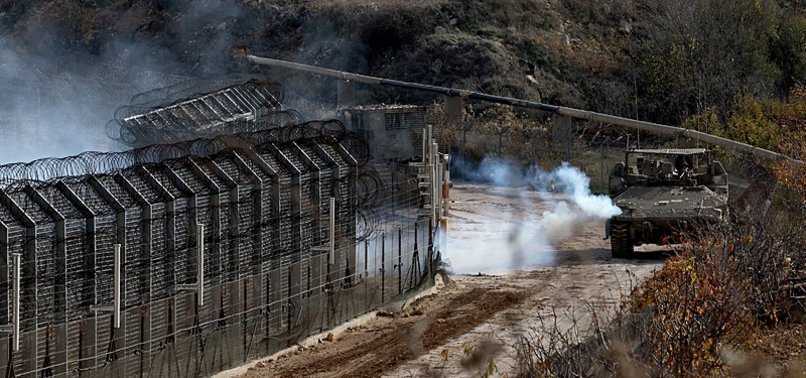In its first Clubhouse session, Doha News sat down with experts to ask what they believe is behind attempts to boycott the 2022 World Cup.
In recent weeks and months, there have been growing calls from Europe to boycott the 2022 World Cup in Qatar over human rights concerns.
Norway first triggered the efforts when a growing number of football clubs urged the country’s football federation to pull out of next year’s World Cup in Qatar. This was then picked up by other teams across Europe, including The Netherlands and Germany.
This quickly spiralled at the European qualifiers last month when national teams of the aforementioned countries donned bibs that said ‘human rights – on and off the pitch’ as a form of protest.
Although many European football federations have since ruled out the possibility of a boycott, teams and fan associations in Germany, the Netherlands and Denmark have attempted to apply pressure on FIFA and their respective bodies to boycott the tournament.
Doha News sat down with experts on Sunday evening for its first Clubhouse session to raise the question – what is behind calls to boycott Qatar 2022?

The panel of experts featured Vani Saraswathi, Editor-at-Large & Director of Projects at Migrant rights.org and the author of Stories of Origin: The Invisible Lives of Migrants in the Gulf.
Simon Chadwick, a professor of Eurasian Sport in Paris was also on the panel and gave insight on the field of geopolitical economy of sport was also among the panel.
To tap into a political perspective, Doha News also spoke to Dr Kristian Ulrichsen, Fellow for the Middle East at the Baker Institute for Public Policy at Rice University and Associate Fellow at Chatham House, who also authored six books about the Gulf, including, most recently, Qatar and the Gulf Crisis.
The session raised questions on the timing of these boycott attempts, which come almost one year ahead of the much-anticipated tournament. The discussion also made connections to a controversial Guardian report that was criticised by the experts as misleading and did more harm than good.
The discussion, which welcomed around 50 listeners from around the world, also highlighted how more is needed to improve the conditions of migrant rights in Qatar, even beyond 2022.
Questions were also raised about motivations behind boycott attempts of this magnitude, with experts pointing to a lack of similar action in other host countries with human rights violations of their own, such as Brazil and Russia.
Discussions were had about Qatar’s progress in the past few years to better the conditions of labourers in the country, most notably the establishment of an International Labour Organisation office in Doha as well as the historic labour reforms that abolished the sponsorship system and introduced a minimum wage – the first of its kind in the region.
The panel also touched upon Amnesty International and how the rights group has urged teams to attend the 2022 World Cup, thus raising the final question of whether boycotts are the best option to raise awareness for rights issues in the country.
Read also: African journalists urged to dismiss ‘lobbying attempts’ to boycott Qatar 2022
On a more positive note, Professor Chadwick ended the conversation by dismissing Qatar’s alleged lack of footballing culture, saying football has been present in the Gulf state for decades – way before it won the World Cup bid in 2010.
“Qatar has also become synonymous with major sports events in recent years,” Professor Chadwick said, referring to its hosting of global tournaments, from football, to tennis to MotoGP.
Follow Doha News on Twitter, Instagram, Facebook and Youtube







